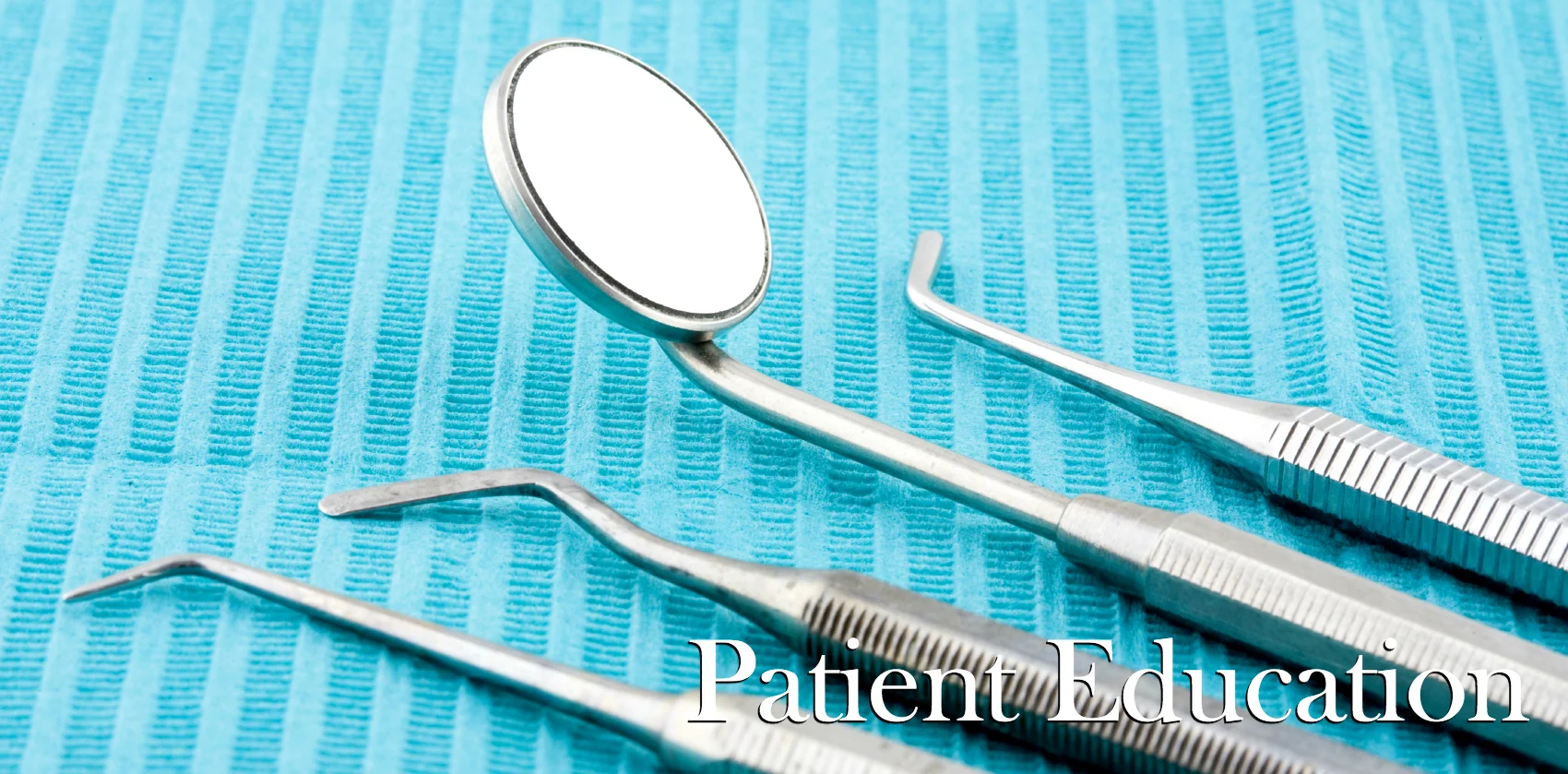Fruits and vegetables are often hailed as the healthiest parts of a balanced diet. They bring vitamins, minerals and antioxidants to almost every dish, while avoiding harmful fats and oils. However, since many fruits are acidic and high in sugars, they can be potentially harmful to your teeth.
As with all foods, the quantity and quality of the fruit you eat doesn't matter as much as the duration in which it is consumed. The bacteria in your mouth don't care if it's organic and natural or processed and preserved. To them, sugar is sugar. As such, the best way you can modify the bacteria's response is to limit the time that your teeth are exposed to carbohydrates.
Every time we eat or drink our mouths turn to an acidic state for 30 minutes. During this period, dental enamel becomes softened and prone to decay. In this sense, someone who eats every 30 minutes spends nearly the entire day damaging their teeth. This is why snacking on apple slices all day is more harmful than eating a single candy bar immediately after a meal (in a strictly dental sense).
Another factor you can control is the consistency of the foods you eat. Sticky and dry fruits like raisins can be much more harmful than something crisp and moist like pear or apple. This is particularly true in children, who don't have a natural tendency to pick food out of their teeth.
In total, fruit makes an excellent healthy snack, but must be enjoyed in moderation. Realize that it still contains acids and sugars that fuel the tooth decay process. As with any sweet food, we recommend keeping snacking on fruits to a minimum and sticking to eating only at mealtime. If you must snack, make sure that you are cleaning your teeth of any residual food and rinsing with water when you're finished. If you have any more questions on diets, tooth decay and cavity prevention, please give our office a call!





